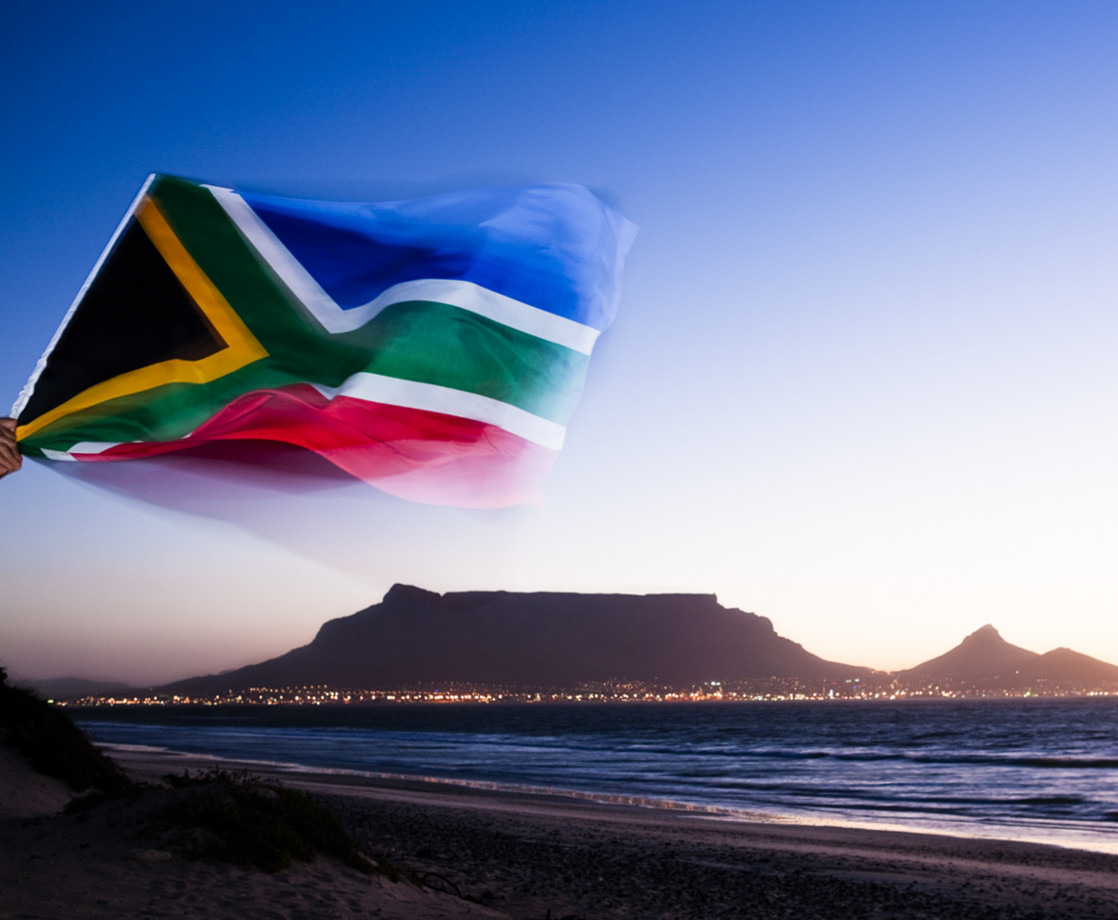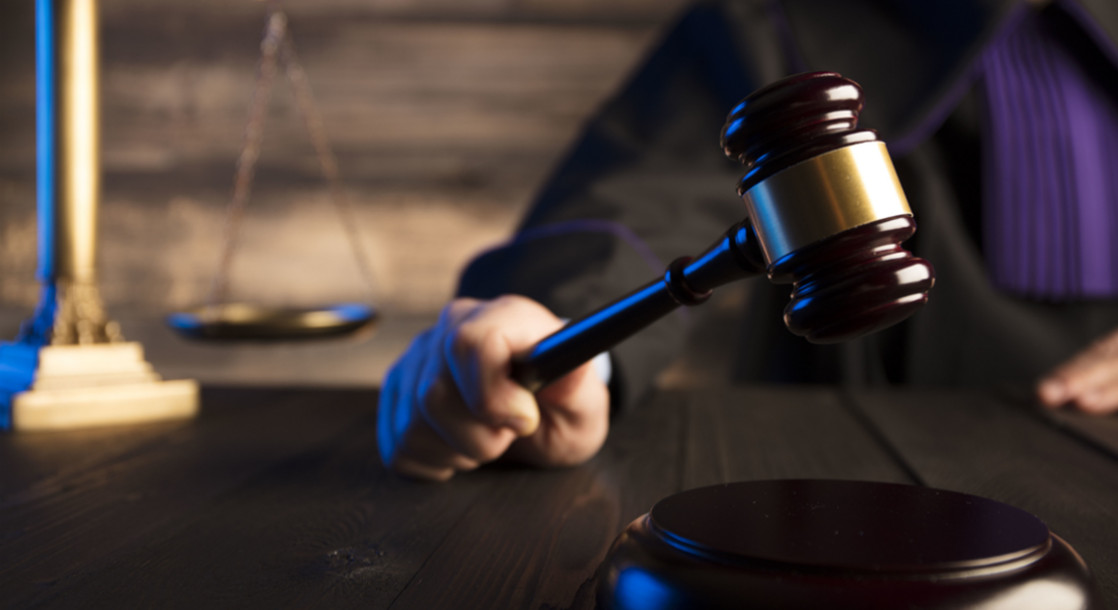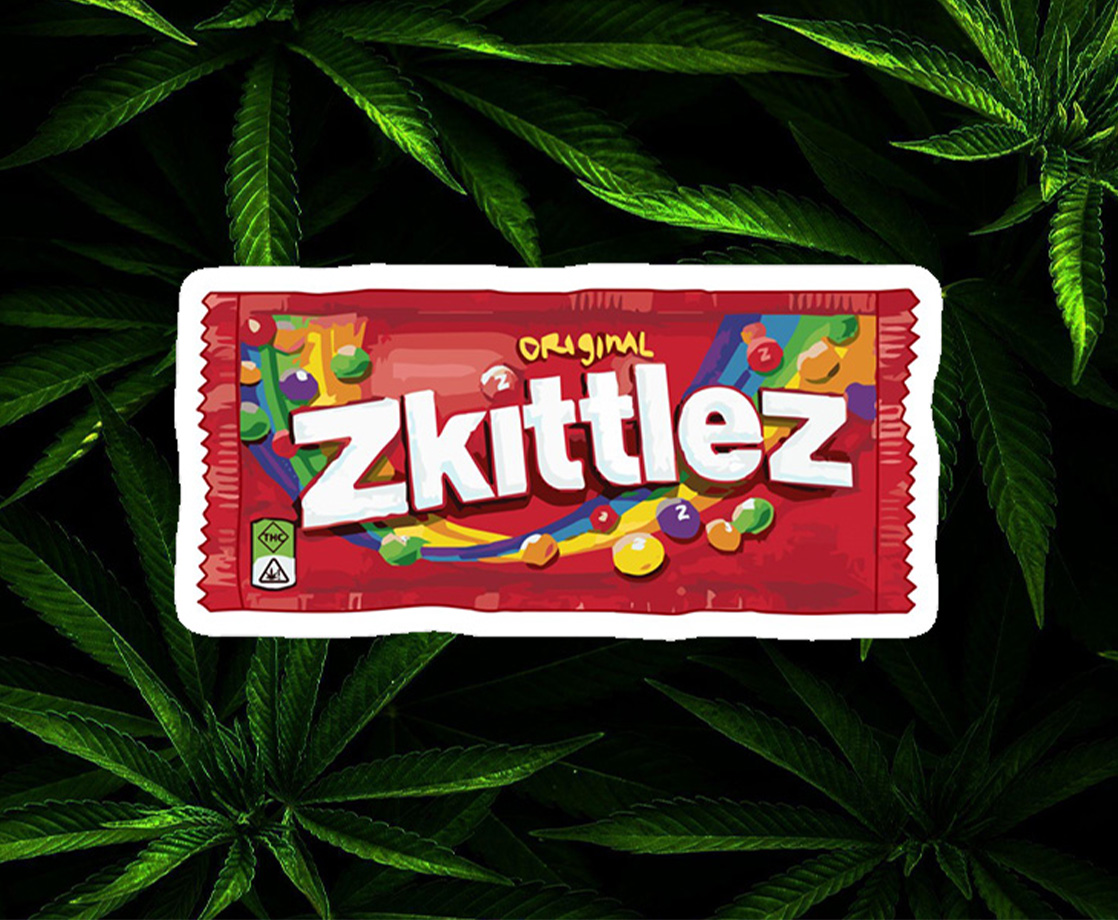Photo via iStock
Today, South Africa became the first African nation to legalize the recreational use of cannabis. Unlike in U.S. states, where cannabis reform has been enacted through legislation or public votes, South Africa's legalization comes from a ruling of the country's highest court in response to a case brought by cannabis activists.
Last year, Rastafarian Garreth Prince and pro-cannabis Dagga Party leader Jeremy Acton challenged the country's cannabis prohibition laws, arguing that the ban on marijuana "intrudes unjustifiably into their private spheres,” BBC News reports. One year ago, Western Cape High Court judge Dennis Davids agreed, ruling that the ban on dagga, as pot is known in South Africa, was indeed a violation of the constitutional right to privacy.
Earlier today, the Constitutional Court — the country's highest judicial body — unanimously backed the lower court's decision. In his ruling, Deputy Chief Justice Raymond Zondo said that “it will not be a criminal offence for an adult person to use or be in possession of cannabis in private for his or her personal consumption," according to the BBC. The court's ruling allows South Africans to grow their own cannabis in “a private place” for personal consumption only. It will remain illegal to sell dagga in any form, and public use will remain prohibited as well.
The ruling is only the first step in a long process of legalization. The South African Parliament has two years from today to draft a new law that will reflect the court’s decision. Until this legislation is finalized, the court has granted interim relief to any individuals wishing to smoke up in private, but there are still a number of loose ends left open by the court's ruling. “The judgement doesn’t specify the amount that can be used by an adult in private use — this must be determined by Parliament,” Chief Justice Zondo said in his statement, Marie Claire reports.
Until lawmakers decide on an official quantity for personal possession, individual law enforcement officers will have the discretion to decide whether any amount of marijuana they uncover is a legal supply for personal use, or an illegal stash intended for black market sales. The ruling also does not include provisions for individuals who have previously been arrested for personal cannabis possession or use, and the Cannabis Development Council of South Africa has called on government officials to drop all charges against current and former marijuana offenders.
The court's ruling marks a turning point in Africa's history of cannabis prohibition. Last year, South African lawmakers were only just beginning to debate a law to legalize a limited medical marijuana program that would only allow the use of cannabis oils. As of this year, only two African nations — Lesotho and Zimbabwe — have legalized medical cannabis, but South Africa's decision to put an end to prohibition could kickstart a wave of cannabis reform across the continent.











